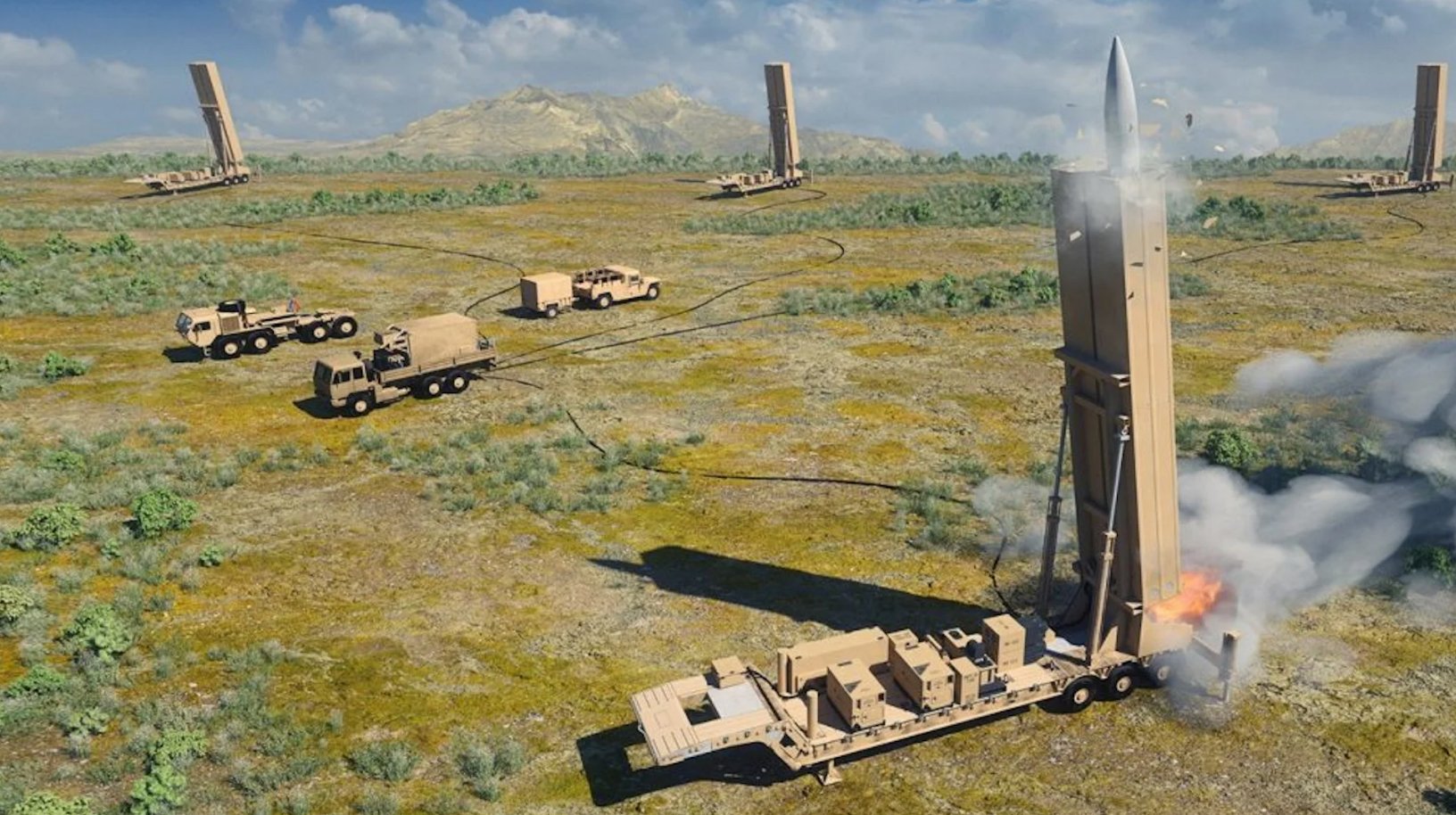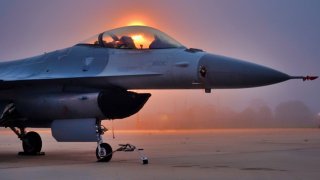The Top 5 Weapons That Taiwan Needs to Defend Itself from China
As tensions between China and Taiwan escalate, Taiwan must prioritize its defense strategy by focusing on systems that can effectively counter Chinese aggression.
Summary and Key Points: As tensions between China and Taiwan escalate, Taiwan must prioritize its defense strategy by focusing on systems that can effectively counter Chinese aggression.
-Instead of mirroring U.S. military capabilities, Taiwan should invest in anti-aircraft defenses, coastal defense batteries, hypersonic weapons, drones, and widespread civilian armament.
-These measures could significantly enhance Taiwan's ability to repel a Chinese invasion or blockade, emphasizing resilience and preparation for prolonged conflict.
5 Crucial Defense Systems Taiwan Should Mass-Produce to Deter China
Tensions between China and Taiwan threaten to boil over. Multiple experts, including this author, believe some kind of major Chinese move against the island democracy is at hand. Taiwan’s defenders must be in a constant state of vigilance and readiness.
Sadly, reports have proliferated over the last few years that, despite having a well-funded military, and even though the island’s populace understands the threat of Chinese aggression, Taiwan’s military capabilities are not what they should be.
Taiwan is spending too much time and money acquiring systems to emulate their American allies. But the real advantages for Taiwan will be found in being as different from the U.S. military as possible.
Here are the top five systems Taiwan should purchase and mass-produce to ensure their forces have the greatest chance of rebuffing a Chinese invasion and/or blockade of their island.
5. Anti-Aircraft Defenses
This is a no-brainer. China plans on launching a massive 96-hour air war at the start of any engagement against Taiwan. Of course, Taiwan has anti-aircraft systems already, but nowhere near the numbers they need. If they cannot purchase them from the Americans, then Taiwan should either purchase them elsewhere or, better yet, contract with the Americans to indigenously mass produce anti-aircraft systems in abundance.
4. Coastal Defense Batteries
Similarly, the Taiwanese need to ensure that their island is not easily blockaded or bombarded from the sea. Creating an intricate web of coastal defenses is one such solution. Just as with anti-aircraft systems, this is easier said than done. That’s because of the limitations of the Western defense industrial base, as the West is increasingly strained from multiple foreign crises erupting simultaneously across the world. But without a reliable, indigenously built and maintained coastal defense battery network, the island will be overrun.
3. Hypersonic Weapons
China leads the world in hypersonic weapons development. With China’s manufacturing and economic advantages, Taiwan will need significant support in creating hypersonic weapons to counter China’s. Partnering with India and Japan might be a critical first step to cut down the research and development time for this technology.

Hypersonic weapons can evade traditional air defenses and annihilate key targets deep inside enemy territory. Taiwan will need its own capability to do the same to nearby China. Possessing these weapons, and being willing to use them, will likely help to create a newfound sense of deterrence between China and Taiwan.
2. Drones
Swarming tactics are key to 21st-century warfare. Drones are instrumental in these tactics, both in the air and at sea. Toward that end, Taiwan, with its advanced technology industry, must invest heavily in making itself a global hub of unmanned aerial vehicles and unmanned undersea vehicles.
1. A Gun Behind Every Blade of Grass
Lastly, by the time Chinese troops make it to Taiwan’s shores, the Taiwanese people – all 24 million of them – must be armed. Chinese invasion forces must find a gun behind every blade of grass and a trained Taiwanese citizen holding that gun. The likeliest way for Taiwan to ultimately defeat any Chinese invasion is for Taipei to plan a long-running insurgency against China, rather than deluding itself with notions of a quick victory.
Author Experience and Expertise: Brandon J. Weichert
Brandon J. Weichert, a National Interest national security analyst, is a former Congressional staffer and geopolitical analyst who is a contributor at The Washington Times, the Asia Times, and The-Pipeline. He is the author of Winning Space: How America Remains a Superpower, Biohacked: China’s Race to Control Life, and The Shadow War: Iran’s Quest for Supremacy. His next book, A Disaster of Our Own Making: How the West Lost Ukraine, is due October 22 from Encounter Books. Weichert can be followed via Twitter @WeTheBrandon.
All images are Creative Commons or Shutterstock.
From the Vault
Russia Freaked Out: Why the U.S. Navy 'Unretired' the Iowa-Class Battleships
Battleship vs. Battlecruiser: Iowa-Class vs. Russia's Kirov-Class (Who Wins?)

